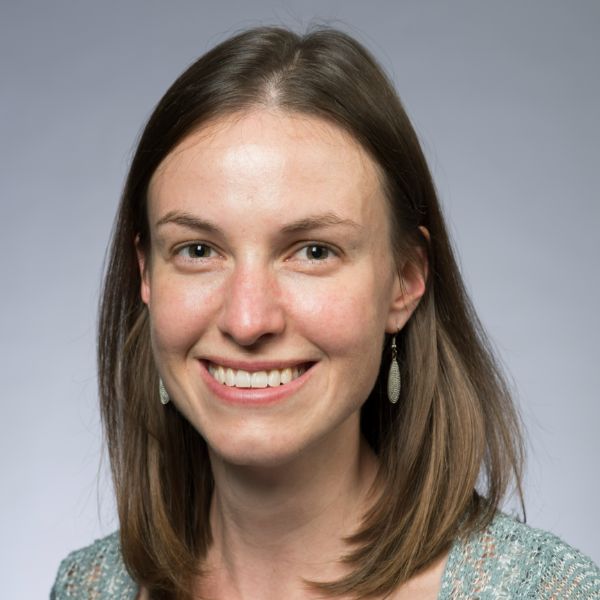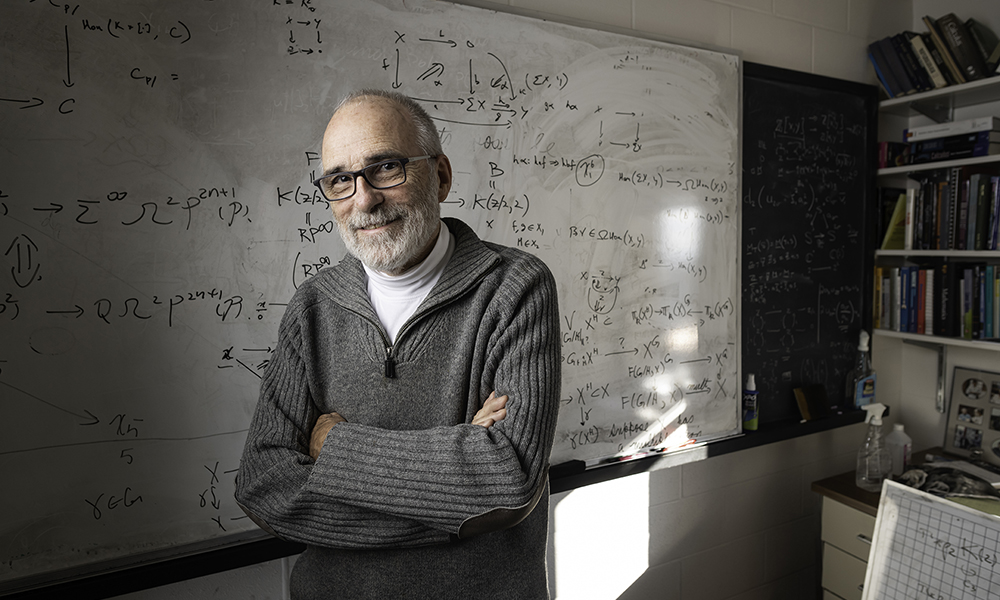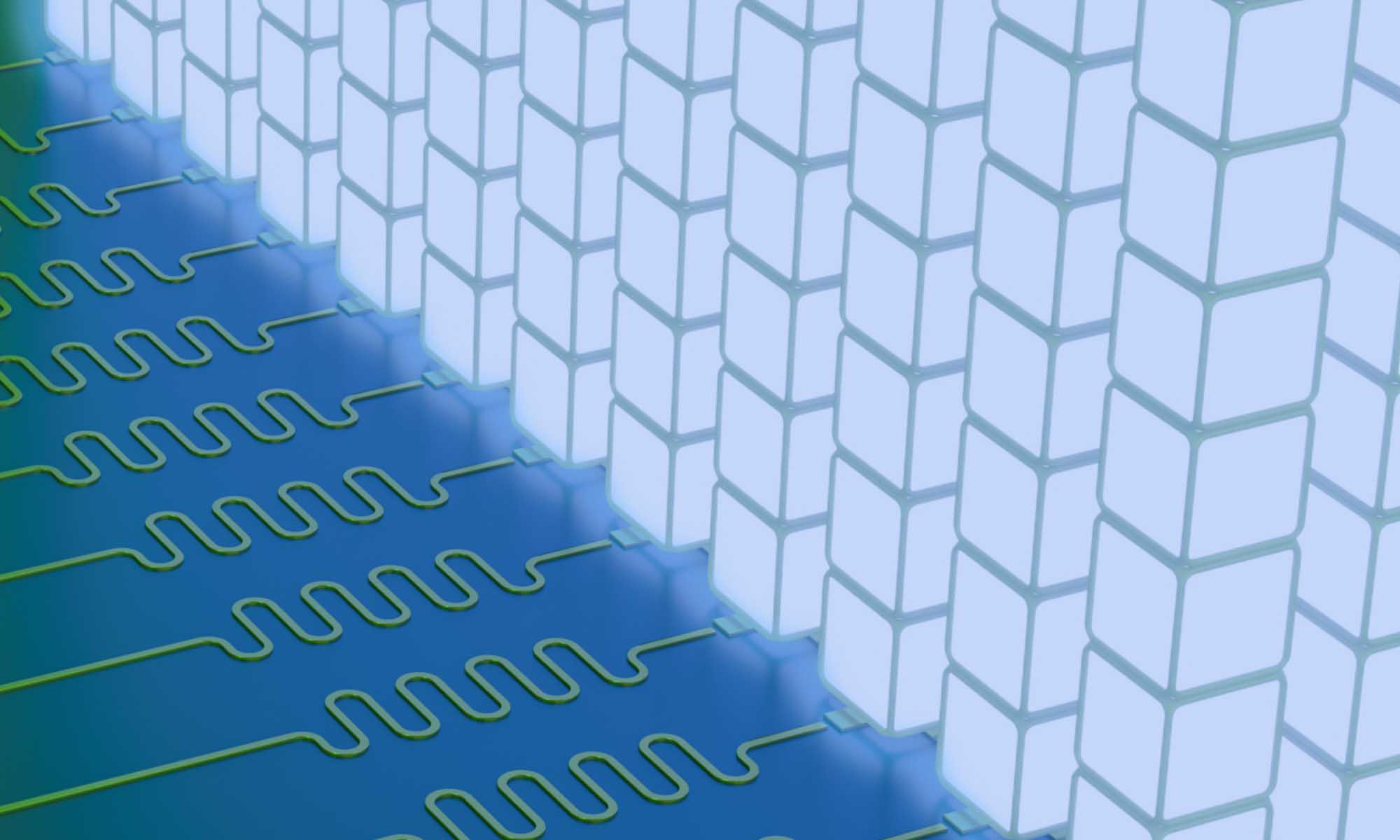Doug Ravenel wins the prize from the American Mathematical Society for solving a geometry problem that has puzzled mathematicians for 50 years.
Doug Ravenel, the Fayerweather Professor of Mathematics at the University of Rochester, has received the 2022 Oswald Veblen Prize in Geometry from the American Mathematical Society (AMS) for his paper “On the nonexistence of elements of Kervaire invariant one.” He shares the prize with his coauthors, Michael Hill at the University of California, Los Angeles, and Michael Hopkins at Harvard University.
The paper introduced influential new ideas and answered a central problem in algebraic topology, a branch of mathematics that uses tools and techniques in algebra to determine which properties of an object remain unchanged when the object undergoes changes in form through stretching, twisting, or bending, for example.
“Solving the Kervaire invariant problem was the biggest surprise of my mathematical life,” Ravenel said in a statement to the AMS. “I had heard of it in graduate school, as did everyone in my field at the time, but never dreamed that I would have a hand in its solution.”
Considered the premier international award in geometry, the Oswald Veblen Prize in Geometry is awarded every three years for notable research in geometry or topology.
“The list of past winners of the Veblen Prize reads like a who’s who of famous mathematicians, a number of whom have also won the Fields medal, which is considered the Nobel Prize of mathematics,” says Steve Gonek, professor and chair of Rochester’s Department of Mathematics. “This is a very big deal.”
Ravenel received his PhD from Brandeis University in 1972 and came to the University of Rochester in 1988. He served as chair of Rochester’s math department from 1996 to 2005, during which time the department greatly increased the number of students majoring in mathematics at Rochester.
Ravenel is the author of nearly 75 journal articles and three books on stable homotopy theory and algebraic topology, including one coauthored with Hill and Hopkins on the Kervaire invariant. In 2012, he was elected a fellow of the AMS.
Ravenel will formally receive the Oswald Veblen Prize in Geometry at the 2022 annual meeting of the AMS on January 5.
Read more
 Mathematical model will monitor spread of COVID-19
Mathematical model will monitor spread of COVID-19
Computational scientists develop a tool to provide accurate, timely information to local-level policymakers monitoring the spread of COVID-19.
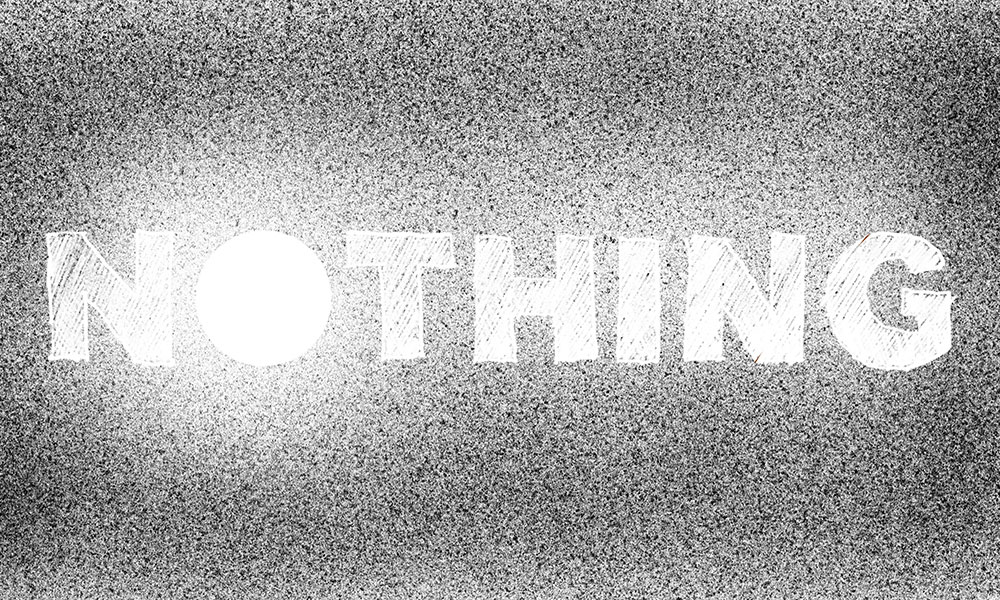 Ultimate vacuum chamber creates nothing
Ultimate vacuum chamber creates nothing
In the universe, is nothing ever possible? How have mathematicians, philosophers, and scientists thought about the concept of nothing throughout history and up to the present?
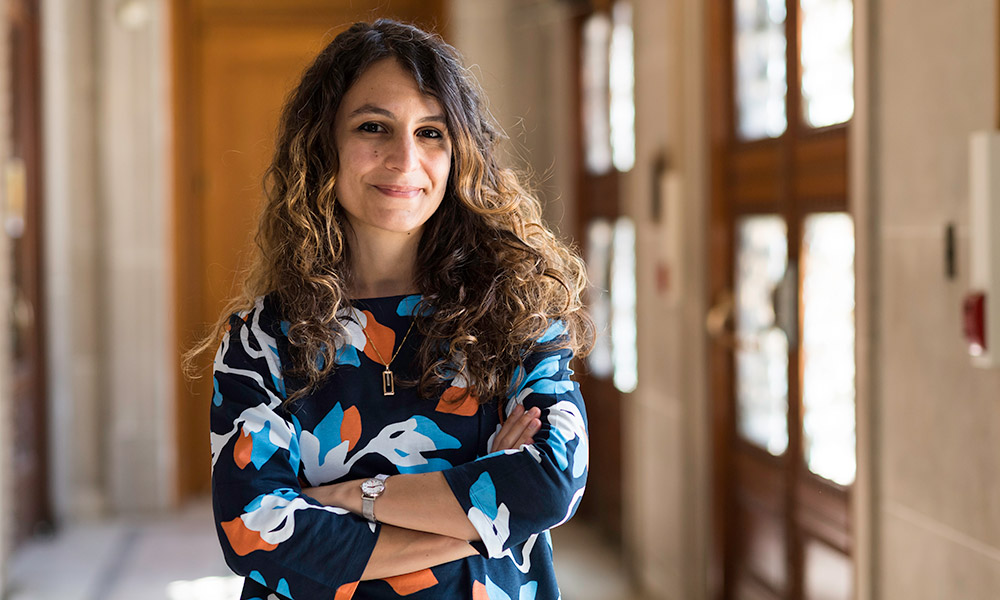 Where can philosophical thinking help? Everywhere.
Where can philosophical thinking help? Everywhere.Philosopher Zeynep Soysal works at the place where mathematics and linguistics converge: she investigates how meaning is constructed in mathematical language.

